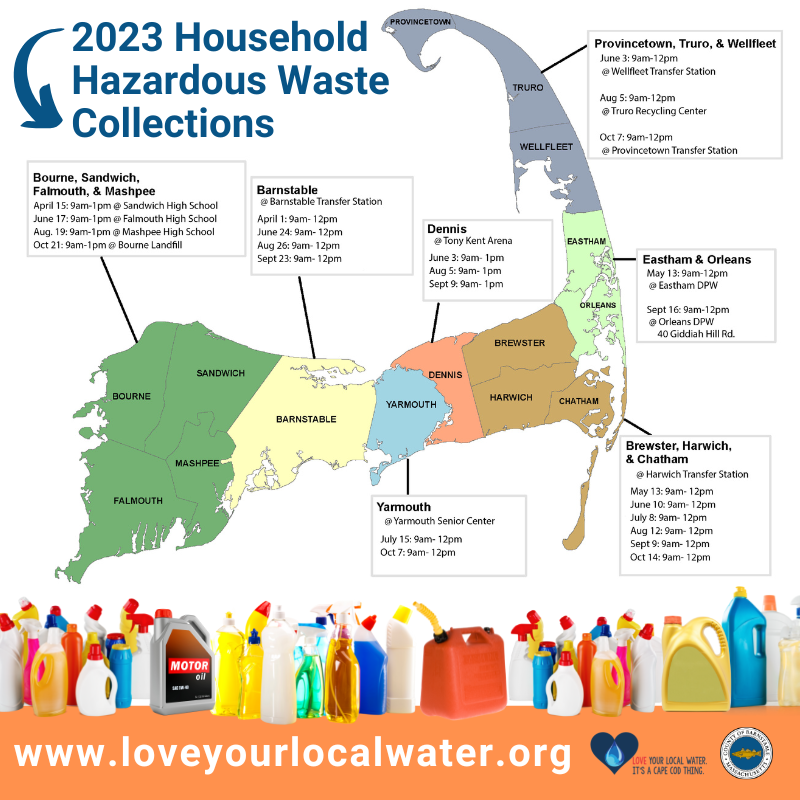
Keep Yourself and Our Environment Safe on Your Winter Road Adventures.
Winter road trips are not easy on our vehicles. Before you hit the road in search of snow or sun, it’s important to be aware of the fluids and oils that keep your car safely cruising down the highway – and what to do with them as you maintain your car. These fluids contain chemicals that can be hazardous to people and the environment if not handled or disposed of properly, and these products cannot be thrown in the trash.
Thankfully, properly handling and disposing of this household hazardous waste is easy with the many town and county-wide services available to you. Get to know some risks behind antifreeze, motor oil, and other common car fluids and how to safely dispose of them. Along the way, learn some tips you can rely on to avoid hazardous exposures and stay safe throughout any wintry driving you may encounter.
Antifreeze
Antifreeze is an engine coolant that helps regulate temperatures in your car’s engine and radiator, especially during very cold or hot temperatures. Antifreeze consists of tiny particles that also help prevent your engine from corroding. While it’s good for your car, most antifreeze solutions are toxic to humans and animals. They may be disposed of at hazardous waste collections starting this spring.
Never mix antifreeze with other liquids or chemicals, and never dispose of used antifreeze outside, down storm drains, sewers, septic tanks, or dry wells.
Most transfer stations on Cape Cod accept antifreeze at their recycling centers year-round. Check with your local transfer station.
Automotive fluids
Automotive fluids and oils include brake fluid, hydraulic fluid, power steering fluid, transmission fluid, and gear oil. Car mechanics can usually check and dispose of automotive fluids and oils safely, and you can also bring these automotive fluids to a hazardous waste collection site for free.
Never mix automotive fluids with used motor oil.
Automotive fluids may be brought to your local town, water district, or regional hazardous waste collection from April through October. Check out www.LoveYourLocalWater.org for information.
Motor oil
All cars need motor oil to function. Over time, impurities like dirt, metal scrapings, water, and chemicals get mixed in with the oil, making it less effective and increasing the need to replace it. Used motor oil can be collected and brought to a hazardous waste collection site.
Most towns on Cape Cod accept motor oil year-round at the town recycling center. Check with your local transfer station.
Need to dispose of antifreeze, automotive fluids, or used motor oil? If you aren’t able to go to your town transfer station recycling center note that all Cape Cod HHW collections accept used motor oil, as well as automotive fluids and antifreeze. Visit loveyourlocalwater.org to learn more about our HHW collections.




